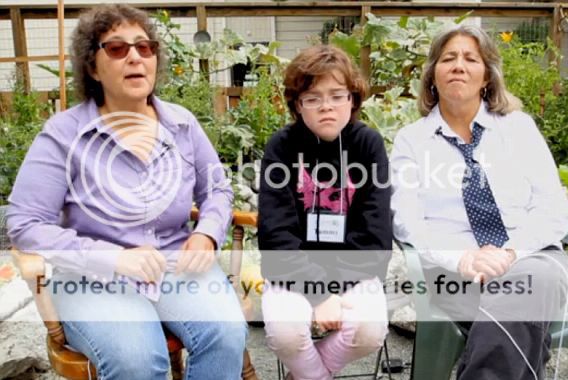Silhouette
Gold Member
- Jul 15, 2013
- 25,815
- 1,938
- Thread starter
- #181
In a 5-4 decision Wednesday, the Supreme Court ruled against the backers of California's Proposition 8 gay marriage ban.
With the court's ruling, gay marriage is once again officially legal in California. The majority opinion returns the ruling on the issue back to a 2010 U.S. District Court decision, which is only applicable in the state. While many questions remain about the broader constitutional issue concerning the right of gay and lesbian couples to get married, June 26 will be remembered as the day California's gay marriage ban died.
Again, please jog my memory as to when it was that federal procedure allows lower courts to overrule Baker and Windsor from underneath? And when you've found that bit of information, could you also forward me the statute that revokes the power of initiative law in California, allowing non-viable court decisions that are procedurally-flawed to dominate initiative law in California.
Also if you could, can you get me the link to the legal logic of how the SCOTUS punting the Prop 8 decision because of procedural flaws in the litigants "standing" means that California initiative law system (their democracy) is defunct because of a non-decisive procedural refusal to examine the merits of a case?
Thanks!
Oh, and also if you could, please find the new iniative where the People of California have revoked Prop 8 on the ballot if you can.
